How important light is for our well-being and health is something we primarily notice when it is missing - in autumn and winter, when the days are short and the nights are long, the sun rarely shines, and the sky is often overcast for days on end. About 20 percent of Germans are affected by this lack of light Mood : They are in a bad mood, become melancholic, and withdraw. This low mood, also known as winter blues, is annoying and unpleasant, but fortunately harmless.
Quite different is the winter depression, technically known as Seasonal Affective Disorder (SAD), which affects about two percent of the population. How can it be recognized? You feel - often for weeks - unmotivated and internally empty, are permanently tired and exhausted despite sleeping much more.
What is meant by a winter low?
While in a classic depression you have sleep problems and no appetite, in a winter depression you might constantly sleep and suffer from cravings. "This is also referred to as atypical symptoms," says Prof. Dr. Andreas Menke, Medical Director of the Medical Park Chiemseeblick, a specialized clinic for psychosomatics and psychotherapy.
Which treatment is appropriate depends on the severity and how much the depression affects everyday life: "Those who cannot or can only concentrate with difficulty, have problems with memory, may not be able to work due to exhaustion, socially withdraw, and spend almost all their time in bed should urgently see a doctor. This doctor decides which measures are appropriate," urges Prof. Dr. Menke.
But how or why does a (winter) depression develop? "There is a certain heritability (genetic predisposition)," says the expert, "this is about 40 percent. The remaining 60 percent are caused by external factors, in the case of winter depression, it's the lack of light. It causes the stress hormone system and the immune system to become unbalanced."
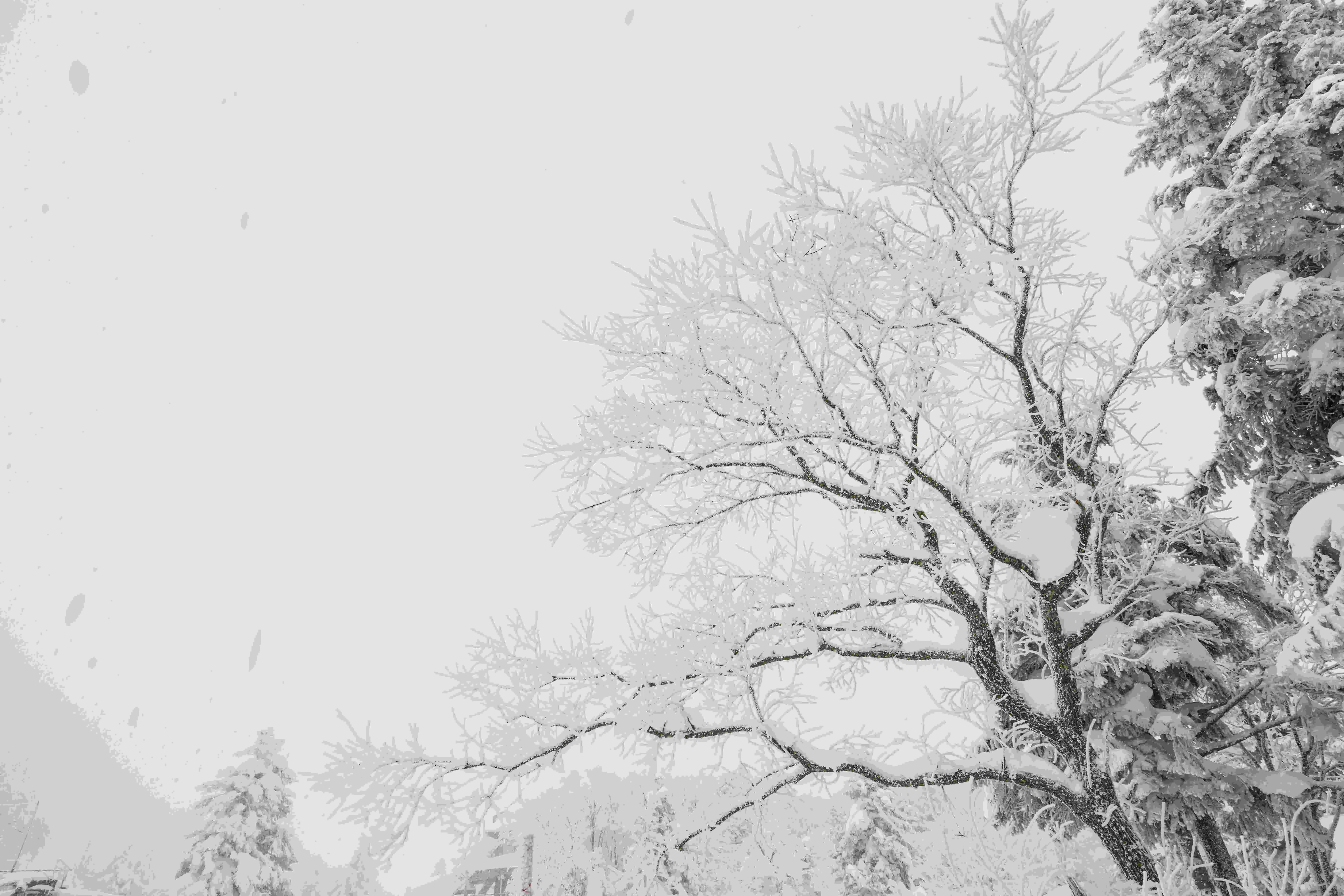

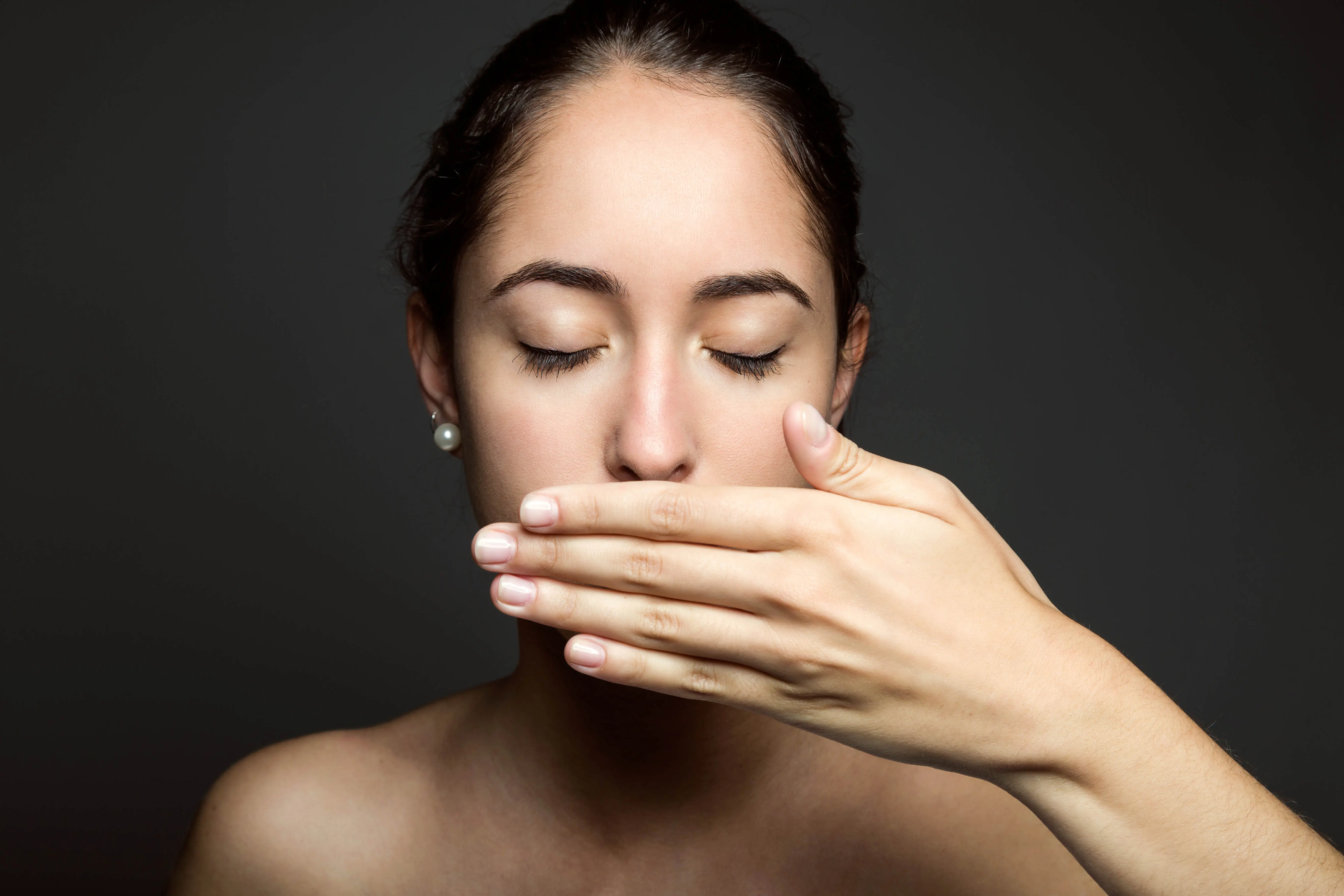
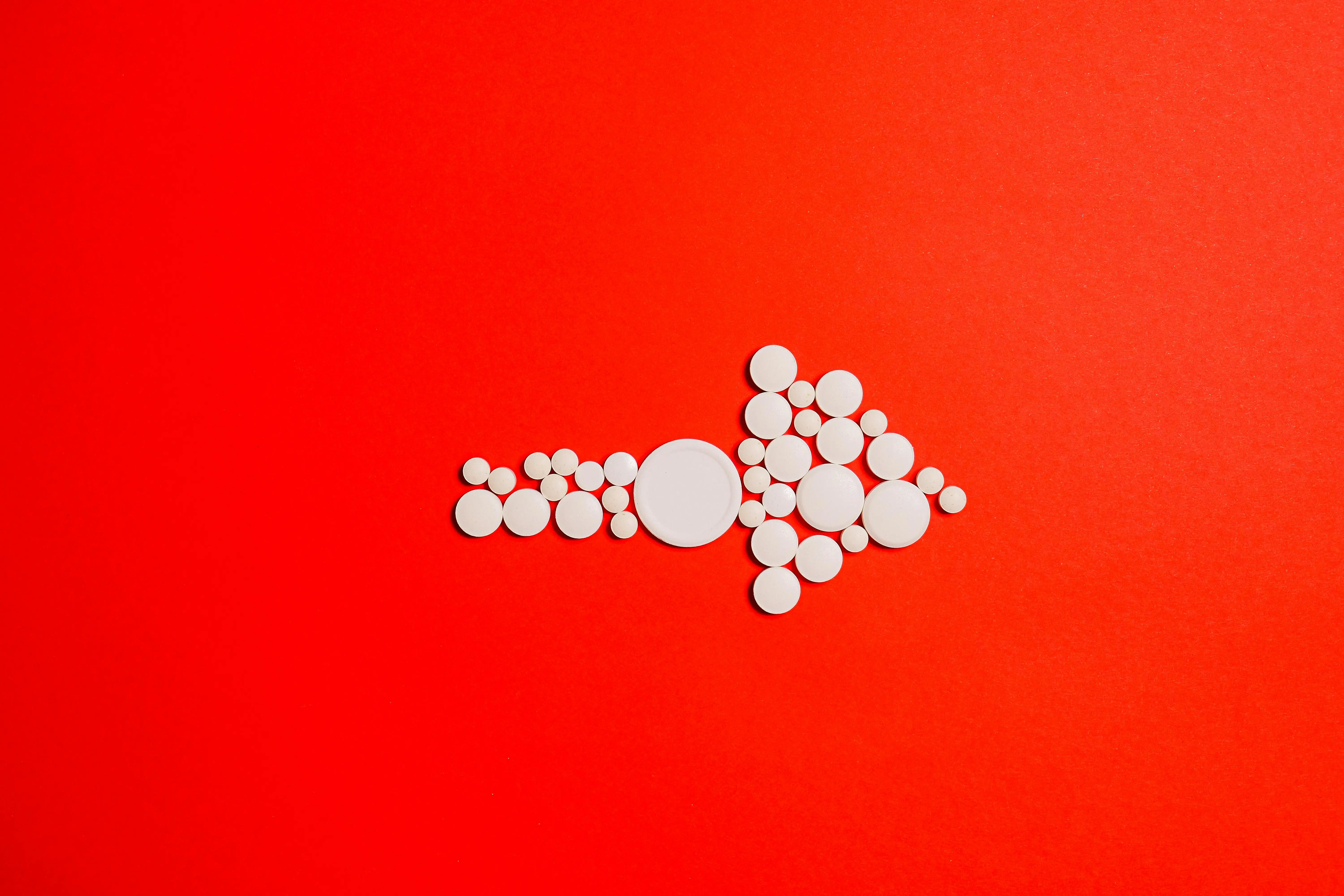


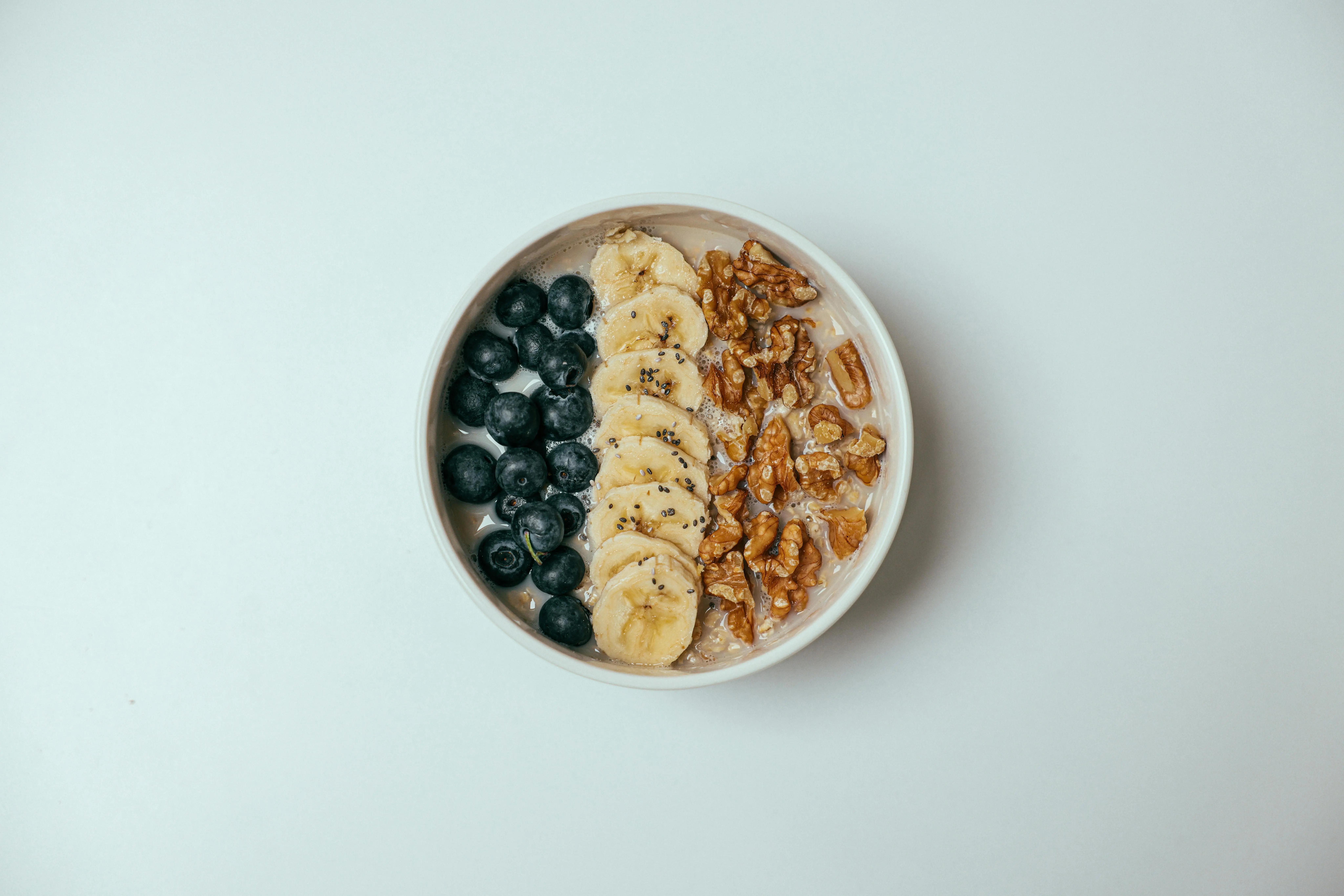



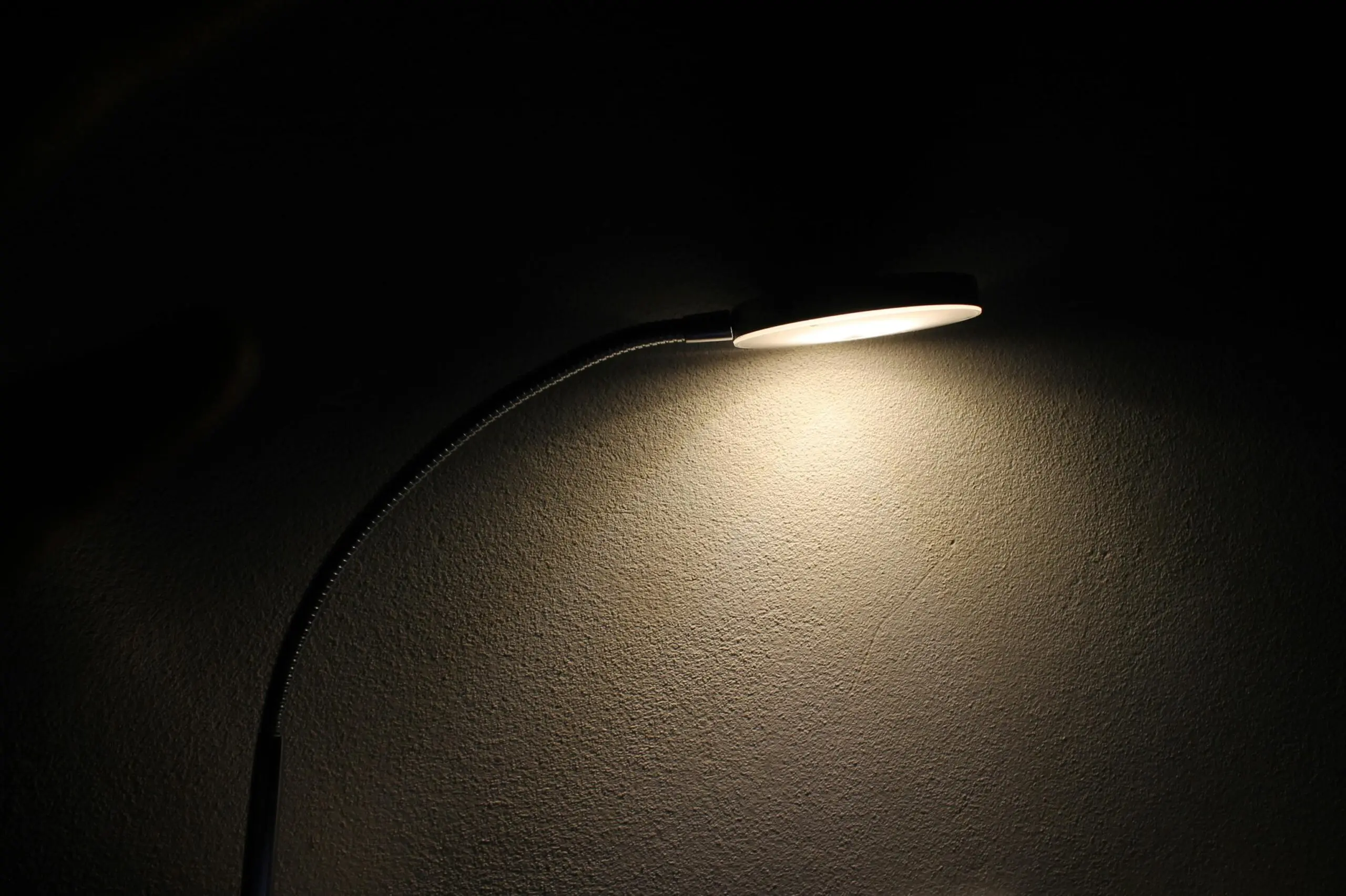
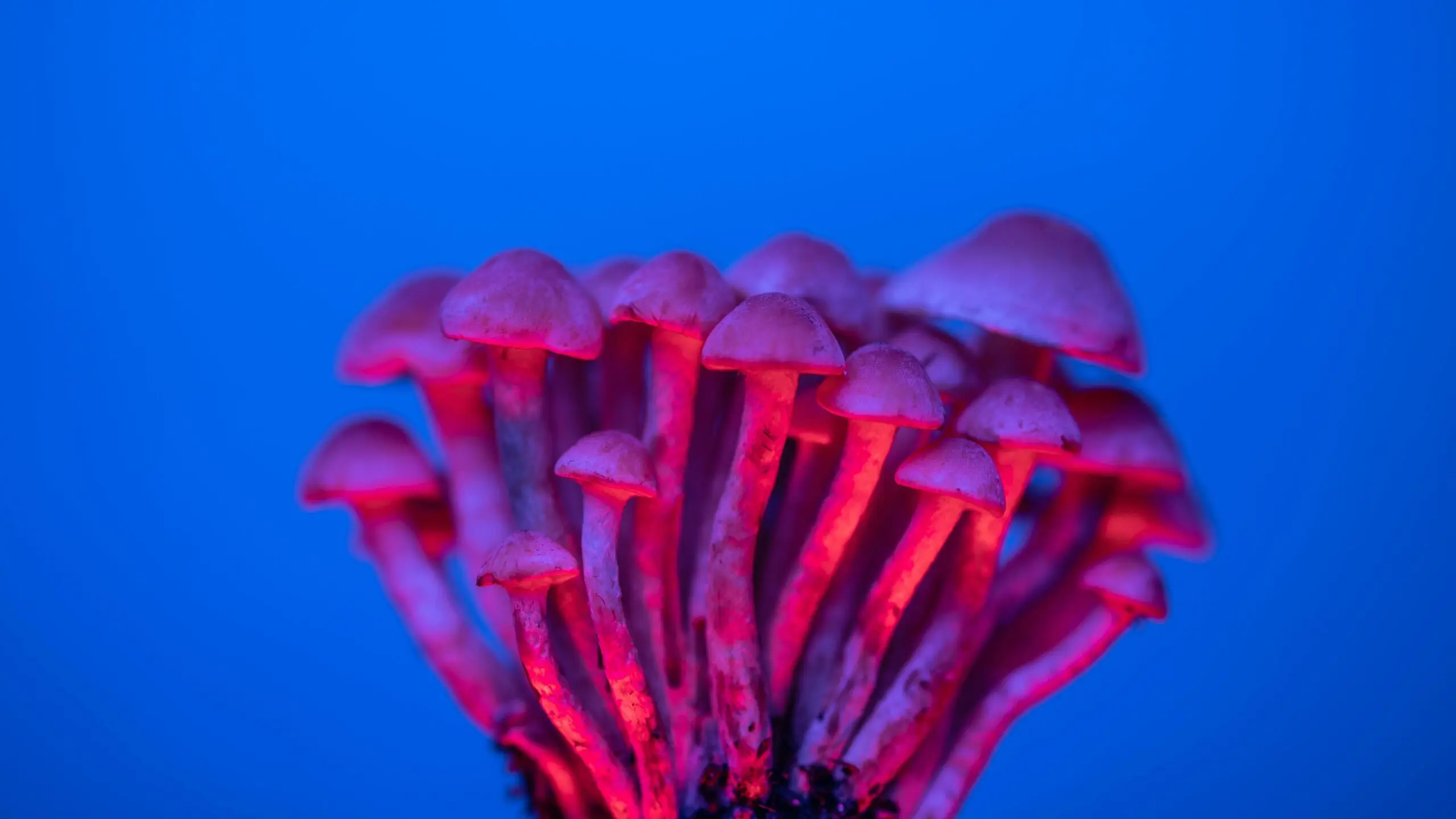


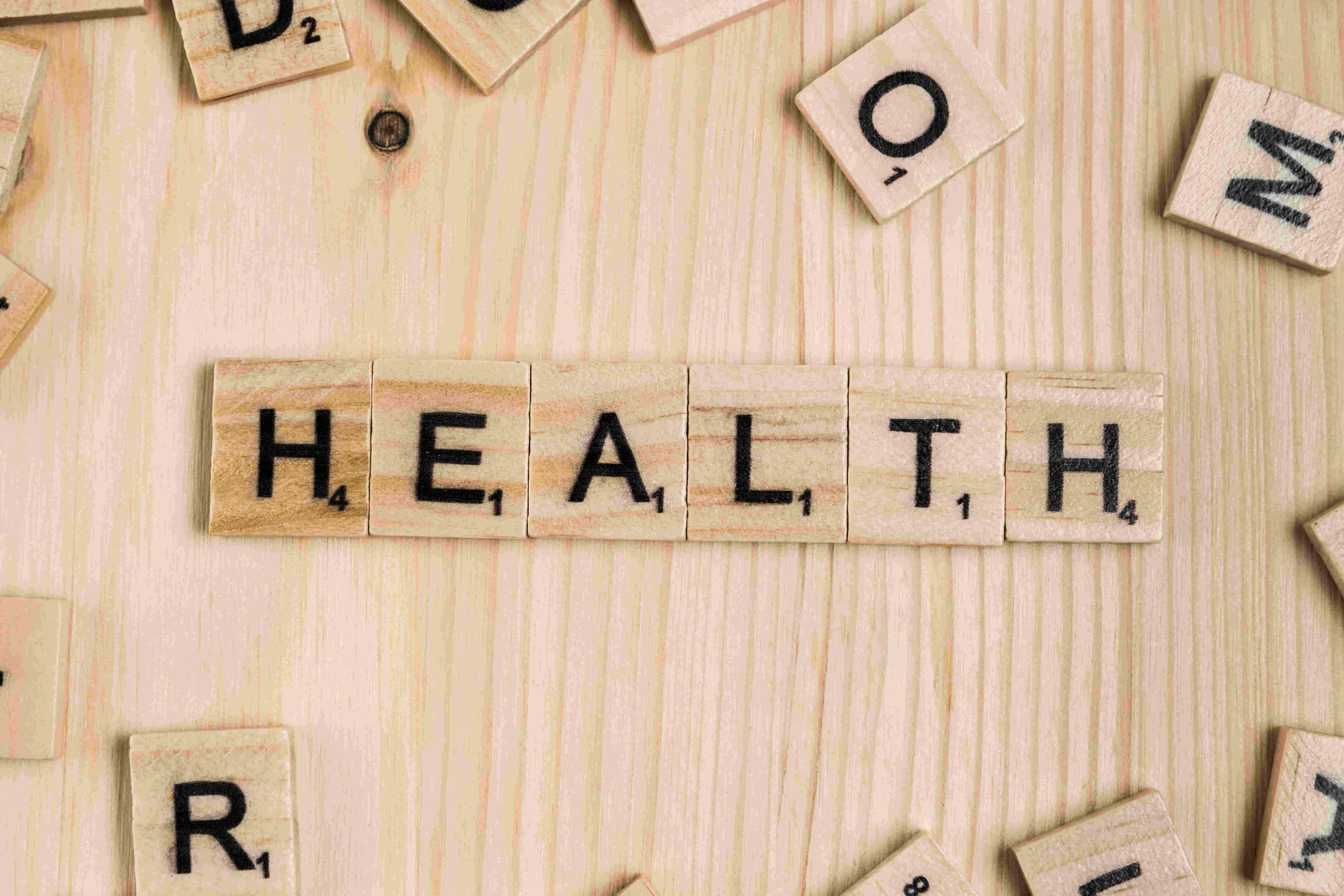
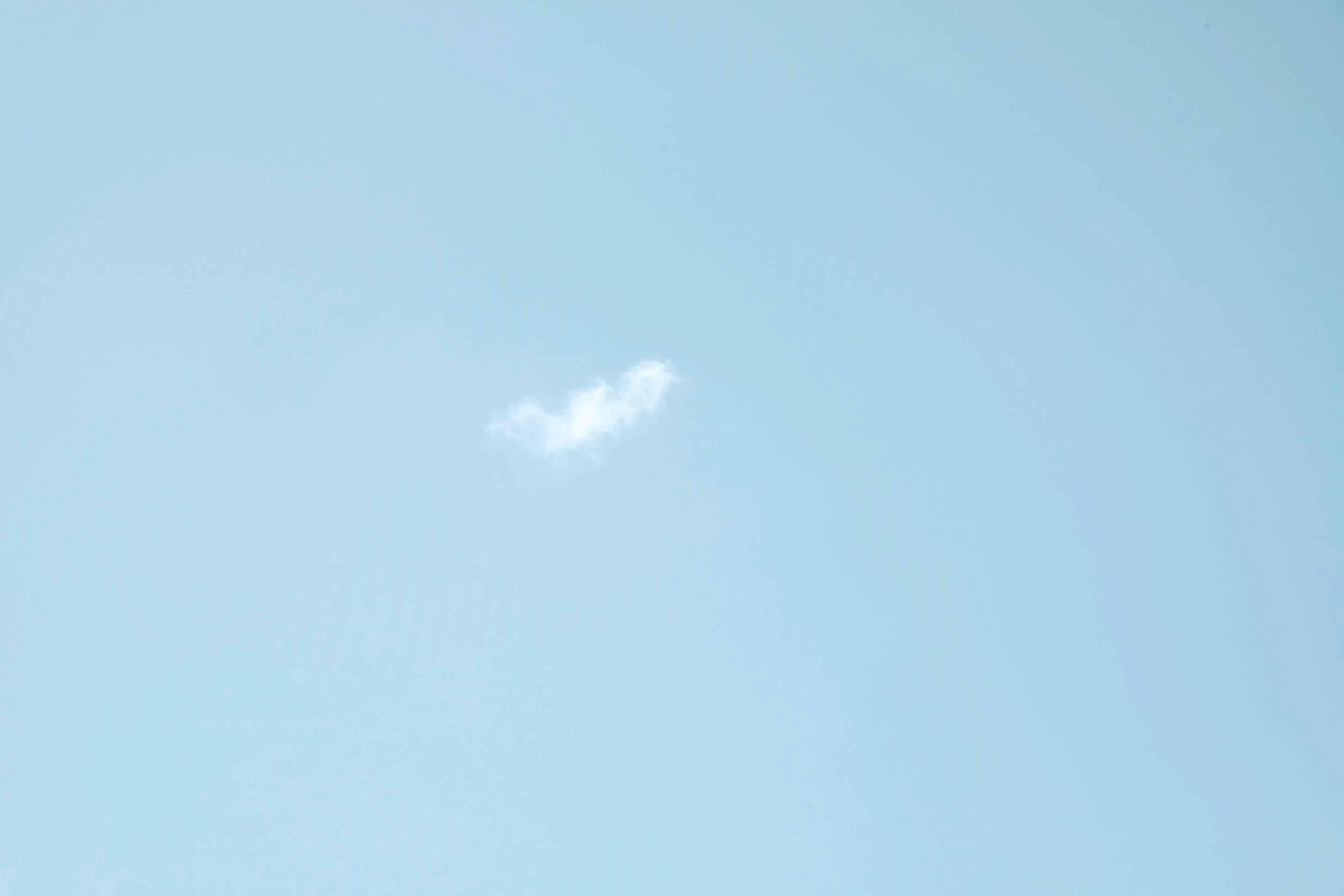

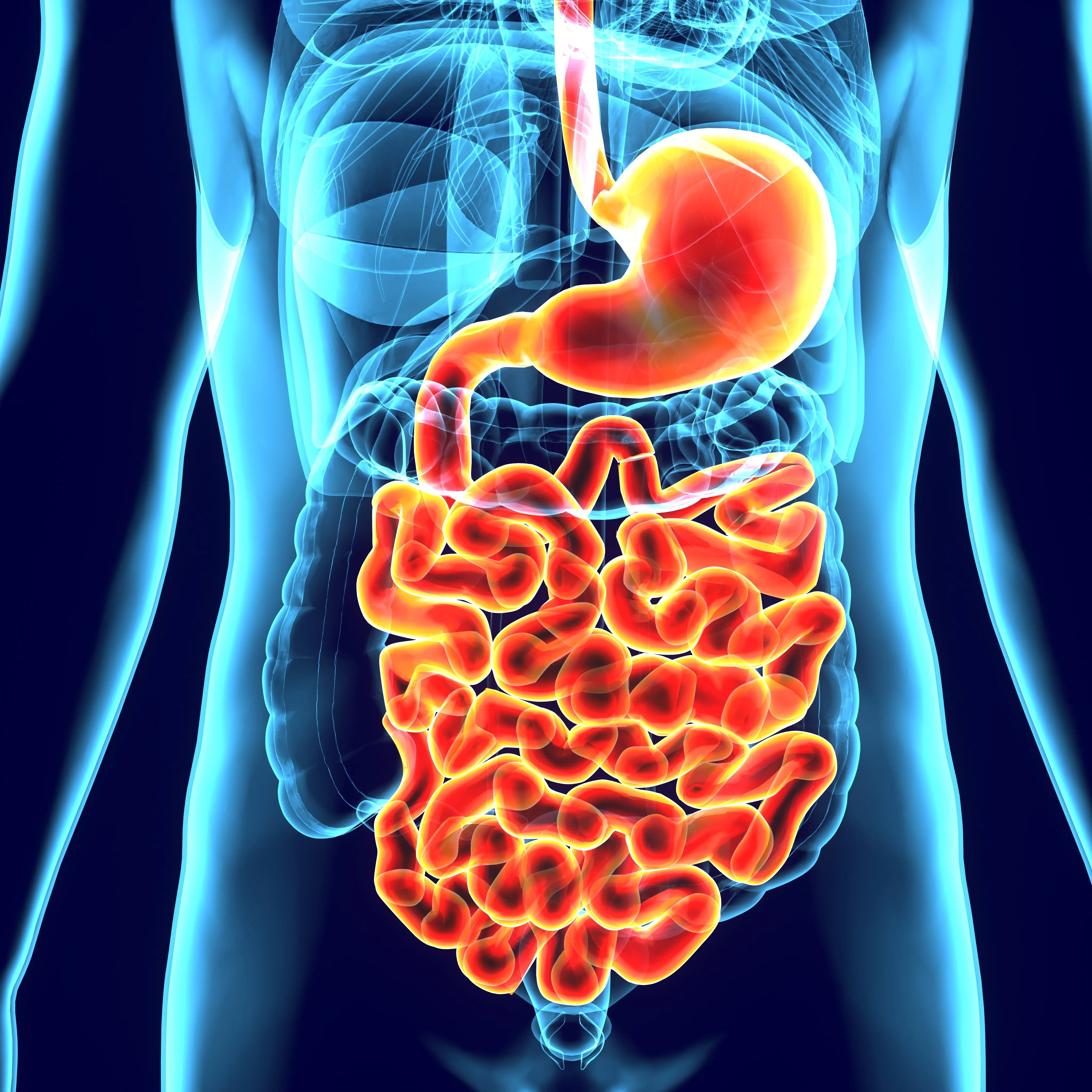
_1500x2250_150_RGB-2.webp)